Our endless search for solutions to our self-inflicted problems has become comical. We appear to be in a merry-go-round, trying one idea after the other. Restructuring. State Police. Fiscal Federalism. More States. Float the Naira. Managed Float. Privatization. Structural Adjustment. Sovereign National Conference. Military or civilian government. Commodity Boards. Price Control. Close Borders. Open Borders. Just about everything has been suggested as a panacea for our problems. Last week, a group of lawmakers in Abuja proposed a constitutional change to return the country to a parliamentary system of democracy, over half a century after we dumped it. They claimed that the presidential system was too expensive. It is really not a novel idea. Elder statesmen like Obong (Arc) Victor Attah and Chief Emeka Anyaoku are some of the notable proponents of a return to the parliamentary system. In addition, they want the states dissolved and the country restructured into regions as we had in the First Republic. They prefer six regions to align with the current geopolitical zones.
Those who canvass this position are mostly senior citizens who are essentially nostalgic about their good old days. I don’t blame them. Most of them were in the universities in Europe and America during that ‘golden’ era when the economy was doing well; civil servants were well-educated, well-trained and employed strictly on merit; corruption was very low and politicians were more dedicated to nation-building. But did things go well in those days because of the system of government we operated or was it due to the quality of manpower and the patriotism of the leaders at the time? Does the system of government build the country, or is it the people who build their country and design a workable system for themselves? This is the crux of the matter.
Countries choose different systems to suit their histories and peculiarities. European countries have either presidential or parliamentary systems; the US is a presidential democracy while Asian countries have adopted either. Saudi Arabia is both a theocracy and a monarchy, and it’s a prosperous country. North Korea operates a draconian family dictatorship while South Korea has a competitive presidential system. China, the second largest economy in the world, is a civilian dictatorship, just like Russia.
All these countries are at different stages of development and their citizens enjoy varying standards of living. But look at Africa. Most of the continent has one form of democracy or the other, just like in the other six continents. While places like Uganda have a civilian dictatorship masquerading as a democracy, Nigeria, Kenya, Ghana and South Africa have become relatively stable and competitive presidential democracies. A few others have parliamentary systems. But overall, Africa has remained a blithering basket case, with all indices pointing south. Why?
There are many reasons why Nigeria has remained economically stunted or retrogressive over the years, and they can be encapsulated into three categories: corruption, incompetence and decadence. No country can develop or has ever developed with the level of corrupt, incompetent and decadent leadership that has bestrode our nation, at all levels. No matter the system of government we adopt; this nation will not make progress unless the quality of human resources that manages our public affairs improves drastically. Our progress as a nation is not dependent on a particular system of government, but rather on the quality of our political, bureaucratic and technocratic leadership at every important level.
The reason the regional governments of the First Republic seemed to have performed well is because they were led by first-class, patriotic and competent leaders who worked with equally skilled bureaucrats. Can you compare any of our leaders today to Chief Obafemi Awolowo, Sir Ahmadu Bello, Dr. Michael Okpara, Sir Denise Osadebey and the others who led the charge in that era? It is the people who build their nations and create systems that suit their peculiarities. Not the other way round.
But is the presidential system more expensive to run? Of course, any system could be very expensive, depending on how you operate it. If a parliamentary system, for instance, has a bicameral legislature with about 600 overpaid ministers, including a prime minister, deputy prime minister and all the special advisers, senior special assistants, special assistants and personal assistants, first lady and second lady, why wouldn’t it be expensive? Similarly, if a presidential system has a unicameral legislature with few part-time members and an executive branch with few ministers, the running costs would be lower. It is therefore important to cut the cost of governance, rather than change from one system to another. We should stick with the presidential system, but reduce its costs by adopting drastic measures. We can use one chamber of the National Assembly with 10 part-time members from each state; only 37 ministers (only one from each state and FCT) and reduce agencies and parastatals to no more than 200.
The solutions to our problems are right before us. There’s no need to move around in circles.

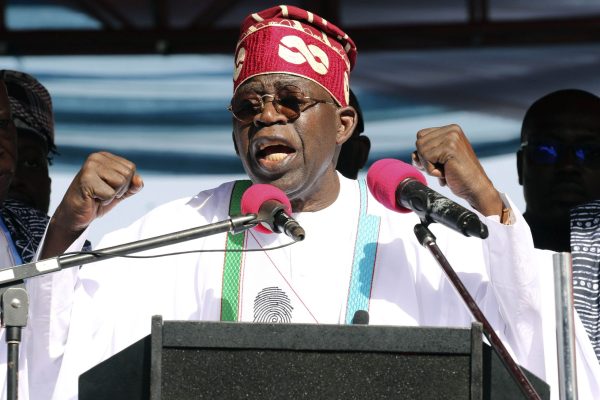


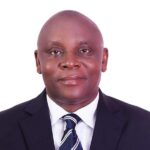


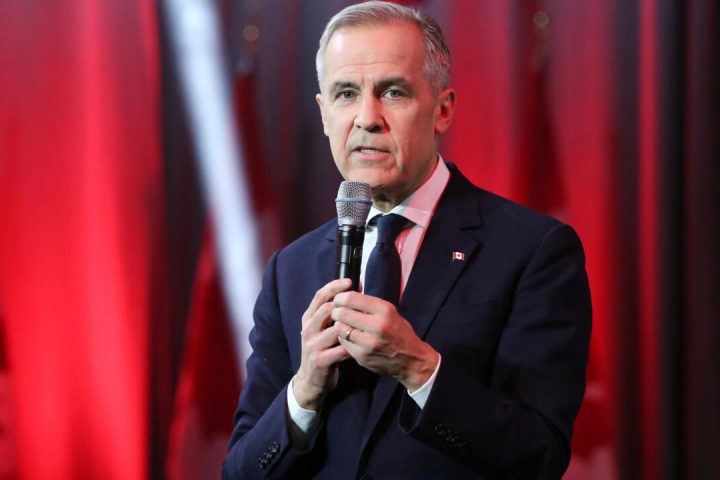








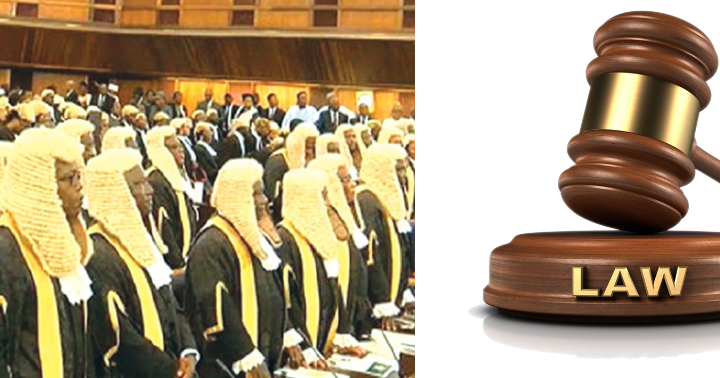
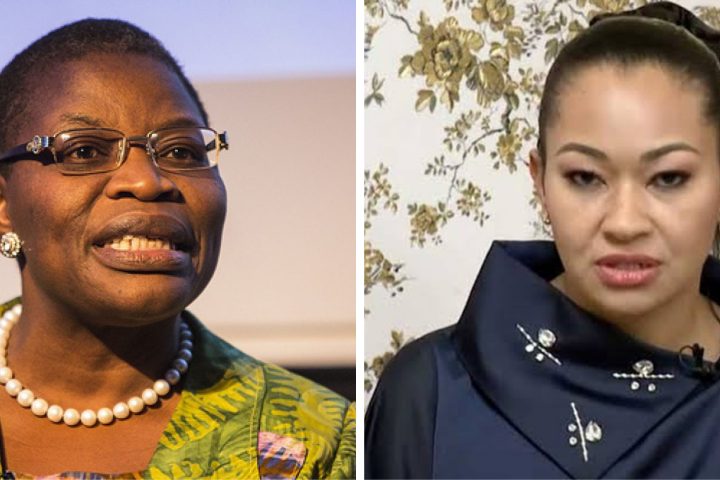

Follow Us